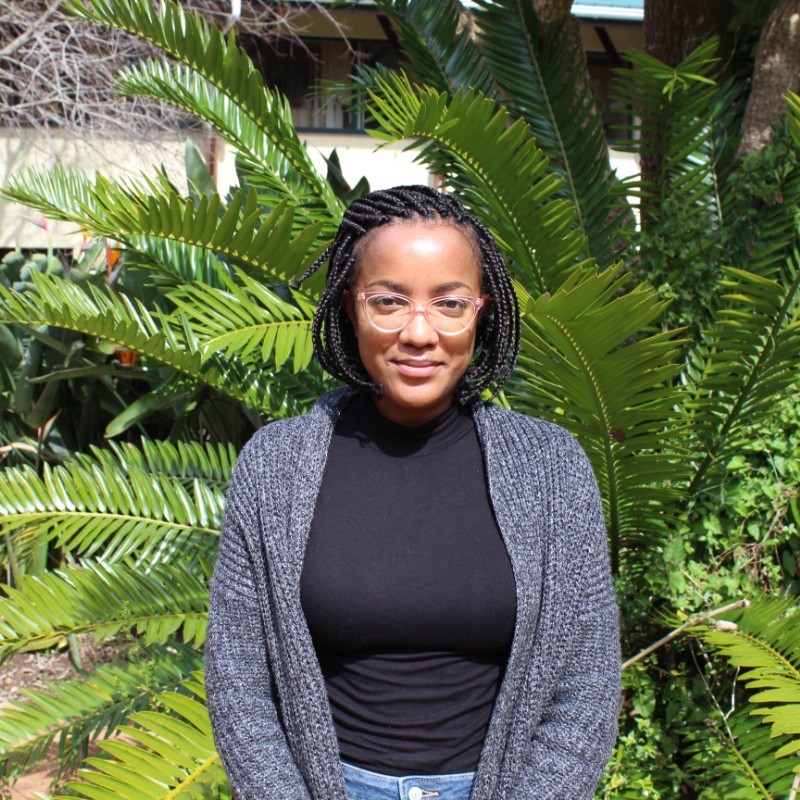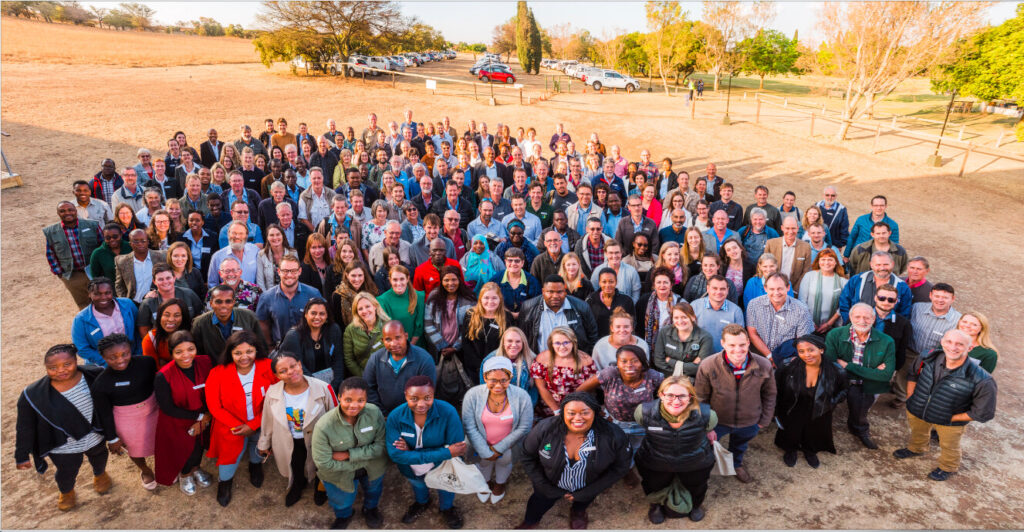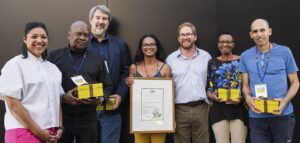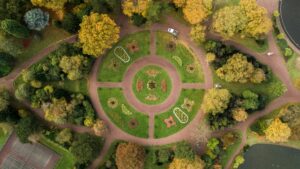In the realm of conservation and scientific research, women have historically faced challenges in breaking through gender barriers and achieving equal representation. However, the tide is turning, as a growing movement of empowered women is taking the lead and passing the ladder down to other women.
According to a 2021 study done by UNESCO, women now represent around 44% of the global scientific research workforce, a notable increase from the past.
However, women are still underrepresented in leadership positions, with only about 30% holding senior roles. Rendani Nenguda, published author and Research Associate at Oppenheimer Generations Research and Conservation, is pushing for impact and change in a field where black women are often under-indexed.
Passing the Ladder Down: Mentorship and Empowerment
One of the most inspiring developments in recent times is the growing trend of women passing the ladder down to the next generation. Mentorship initiatives such as For Women in Science have successfully helped women navigate the challenges of this field by actively mentoring and empowering young women.
Rendani Nenguda is determined to advance and increase women representation in research and conservation by sharing her experiences, offering advice, and providing a supportive network. This passing down of knowledge and support is crucial in creating a pipeline of talented female scientists and conservationists who can drive meaningful change in the field.

Pumla Dlamini, the newest addition to Oppenheimer Generations Research and Conservation, keenly accepts the baton as an enthusiastic conservationist whose aim is to continue breaking the barriers that young women face, propelling women’s visibility to mesospheric heights. Here, she shares her motivations with us:
What was the driving force behind your decision to pursue a career in conservation? Why did you find it important for you to take a stand?
When I was in High School, I thought I wanted to be a doctor and really only discovered Ecology and Environmental Sciences once I was at university. This is where my curiosity and passion for the field were ignited, and I haven’t turned back since.
How do you see women playing a role in achieving those goals and how do we strengthen and equip women to excel in these roles?
I hope that conservation will be more and more at the forefront of people’s minds and less of an afterthought. I hope we can all be more proactive when it comes to conservation so we can take a more preventive stance, rather than a reactionary one.
For women, I think we’re already on the right track. More and more women are entering the conservation field (and STEM in general), and this encourages even more women to consider these careers. I think we can strengthen women by giving them platforms to share and learn from one another and highlight their achievements and work.
Would you say there are any specific challenges that women face in conservation?
I think whenever you enter a space in which there aren’t too many people that look like you or come from a similar background to yours, you may feel a bit out of place or start to doubt your own capabilities. I’ve definitely struggled with imposter syndrome myself (and sometimes still do).
However, it is important to remember that you got to where you are because you deserve to be there (through your hard work and dedication). This is also why I think it is important to showcase women (and people of colour) in fields like conservation, to encourage younger women to pursue these fields that they otherwise may not have thought were for them.
What are some of the ways that you have seen women make a difference in conservation and rope other women in?
I have been quite privileged to have been surrounded by many incredible women in conservation over the years, these women have mentored me and helped me navigate this space. One that stands out is Prof. Colleen Downs from UKZN.
She lectured some of my undergraduate modules and was also my supervisor for my Honours and Masters research. Prof Downs was not only a mentor in the academic sense, but she provided a lot of additional support to her students, even providing food to students in her lab (something that makes a big difference for most students who are barely scraping by).
African Women in Conservation: Leading by Example
African women researchers have been at the forefront of ground-breaking conservation efforts, often integrating traditional knowledge with modern scientific techniques.
From wildlife preservation in the savannas to marine conservation along the coastlines, African women are driving change that extends beyond borders. These women are not only generating new knowledge but also inspiring others to pursue careers in conservation.
As we reflect on the state of women’s representation in conservation and scientific research, it is evident that progress is being made, albeit at an incremental pace. The efforts of women who have shattered glass ceilings and are now passing the ladder down to the next generation are inspiring and commendable.
However, it is crucial to acknowledge that there is still work to be done, particularly in ensuring that all women, regardless of their geographical location and race have equal opportunities to contribute to the field.
By involving young women in conservation initiatives, organisations, policies and conversations, we can create a sustainable future for the continent’s natural resources and ensure that future generations can benefit from these resources, like I have, because of those before me.







